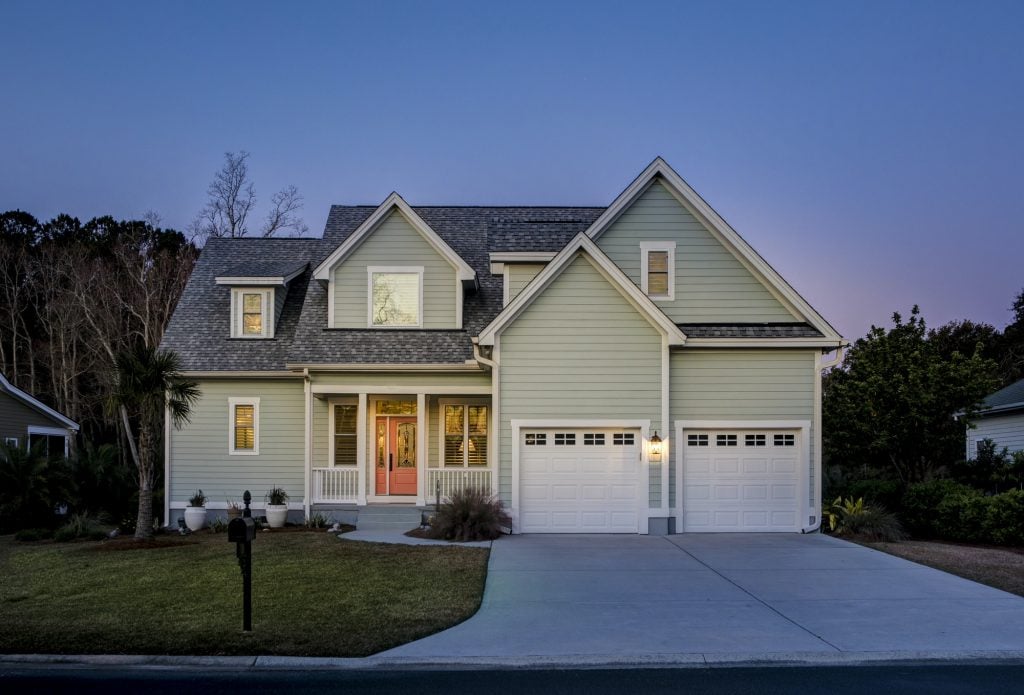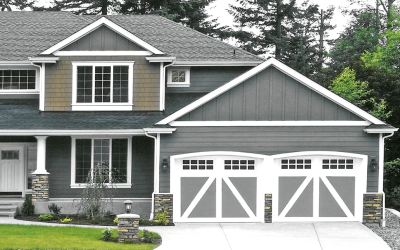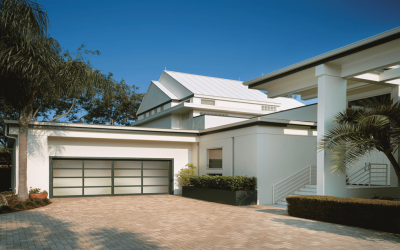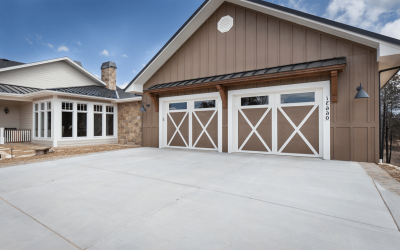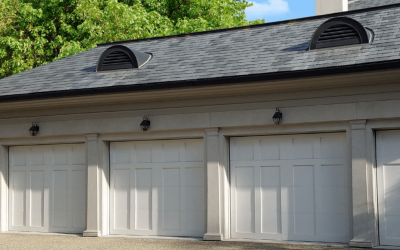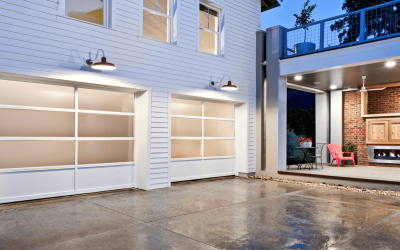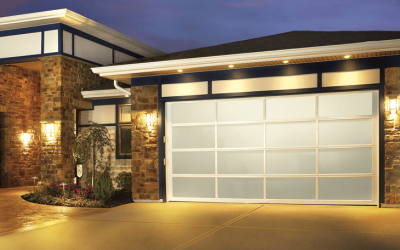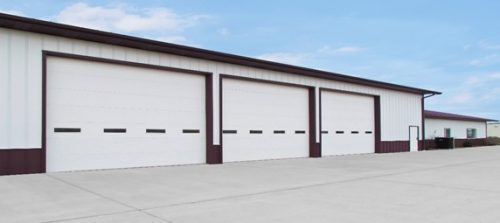
A garage door is not necessary for every business, but there are some businesses for which a garage door is a must-have. If your business involves storing vehicles or other large equipment, you will need a garage door to protect your investments.
A commercial garage door can also provide security for your business, deterring crime and keeping unwanted intruders out. If you are not very sure about whether your business needs a garage door, consider the following factors:
Do your employees drive company vehicles? If so, they will need a place to park those vehicles when they are not in use. A garage door will give them a secure place to park their cars.
Do you have customers who come to your business for vehicle repairs or maintenance? If so, they will need somewhere to park their vehicle while it is being worked on. Again, a garage door will provide them with a secure parking space.
What are the fundamental differences between residential and commercial garage doors?
There are several critical differences between residential and commercial garage doors. Commercial garage doors are typically much larger and heavier than residential garage doors. This is because they need to be able to accommodate larger vehicles, such as trucks or buses.
Finally, commercial garage doors often have more advanced security features than residential ones.
This is because businesses need to protect their assets from theft or damage. Commercial garage doors may have security cameras, motion sensor lights, and fingerprint scanners.
What is the lifespan of a Commercial Garage Door?
A commercial garage door is subject to more wear and tear than a residential garage door. Heavy traffic, weather, and temperature fluctuations can all take their toll on a commercial garage door. A commercial garage door can last for 15 and 30 years with proper maintenance.
However, some factors will shorten the lifespan of a commercial garage door. Poor quality materials, incorrect installation, and lack of maintenance can all lead to a shorter lifespan for a commercial garage door.
What are the standard sizes of commercial garage doors?
Standard sizes for commercial garage doors range from 24 feet to 30 feet. Some doors can be customized to fit a specific structure. Rolling overhead doors are a space-saving option for small spaces. Rolling doors open and close quickly by moving into a coil stored overhead.
Larger doors require a larger garage door. The length and width of a standard door should be at least eight feet. If you need a larger door, you can contact a local distributor. Make sure to specify the door’s size and width before ordering it. If you need a customized door, a Clopay dealer can help you design it.
When shopping for a commercial garage door, you should consider how much traffic the garage will receive. The door should be large enough for the size of the vehicles and the size of the space. You can opt for a garage with two openings or bays if there are multiple vehicles.
Commercial garage doors can be made of several materials. If you plan to install the garage in a commercial setting, you must check if it has enough space for both regular vehicles and large trucks.
Typically, commercial garage doors are seven to eight feet tall. If your garage is larger than this, you may need to purchase a bigger overhead door.
The size of a standard commercial garage door can depend on the type of door it is.
Commercial overhead garage doors generally come in a standard size of 32 feet by 2 inches wide and 24 feet by 1 inch high.
Commercial roll-up doors are usually around 30 feet by 4 inches wide and 28 feet by 4 inches high, making them a good choice for smaller spaces with less headroom. Sometimes, these doors come in different gauges, such as 18-, 20-, 22-, and 24-gauge.
Commercial insulated garage doors are often around 30 feet by 2 inches wide and 24 feet by 1 inch high.
Veteran Garage Door Repair
3415 Custer Rd #103
Plano, TX
75023
(972) 432-5695



